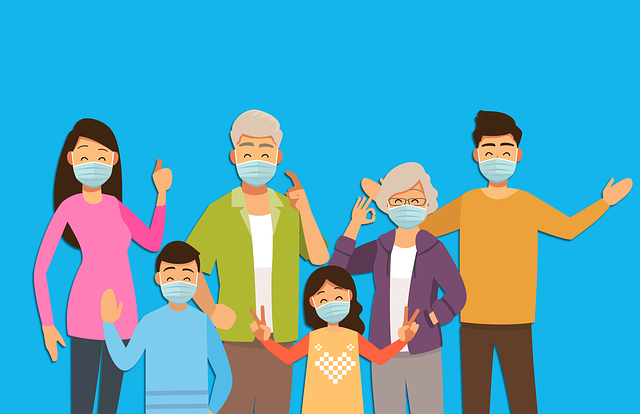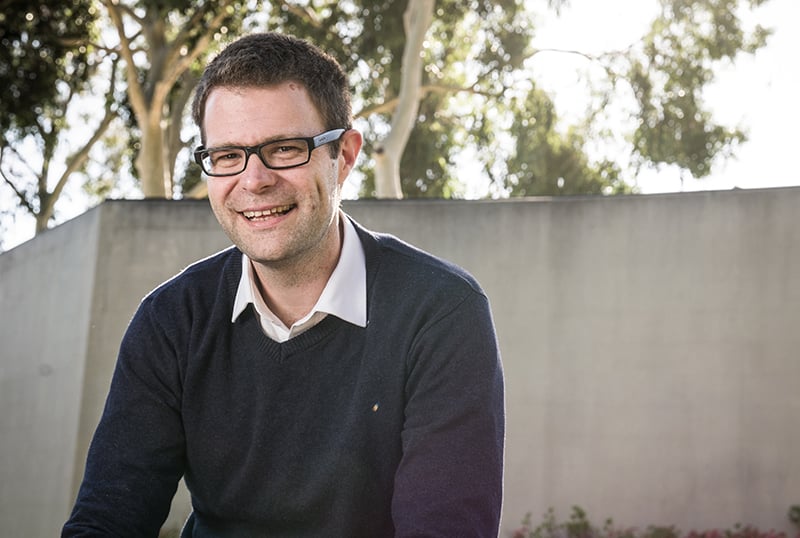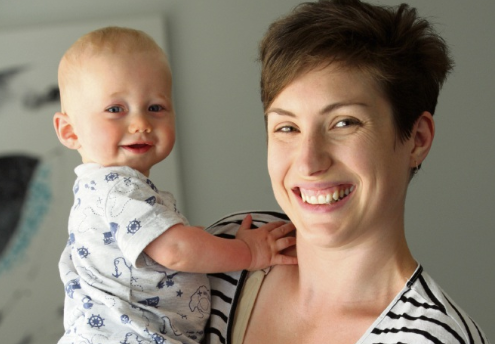Search

News & Events
Important information about COVID-19 protocol for ORIGINS participantsDue to the evolving COVID-19 situation in Australia and requirements outlined by the WA Government, we need our families to be aware of how this effects ORIGINS and our participants.

News & Events
Parents be alert but not alarmedThere is no doubt that developmental milestones play a very important role for parents.

News & Events
Aveley parents sign up ORIGINSCara and Peter signed up to The ORIGINS Project in 2017 when Cara was only six months pregnant with their first child, Oscar.

News & Events
WA Government to support research providing early and equitable access to the best diabetes technology for all children newly diagnosed with type 1 diabetesResearchers from the Rio Tinto Children’s Diabetes Centre, a JDRF Global Centre of Excellence, have been awarded funding through the WA Child Research Fund (WACRF) to undertake research that aims to remove barriers and provide access to the most effective diabetes technologies for all children newly

News & Events
From Diagnosis to Consumer Representative – Danae’s journey to making a differenceRecognising the signs of type 1 diabetes (T1D) can be tricky. Often put down to growing pains, a virus or “something going around”, a diagnosis can take some time if children aren’t severely sick and attend an emergency department.

News & Events
JDRF Type One SummitThe Rio Tinto Children's Diabetes Centre were invited to attend this year's JDRF Type One Summit in Sydney where the T1D community came together to "share knowledge and gain strength and inspiration from others in the T1D community - JDRF Australia"

News & Events
DiabHQ and the patient portalThe Rio Tinto Children’s Diabetes Centre has recently commenced an exciting new project to integrate diabetes data from many different sources so that it can be used more effectively to help people living with diabetes. The DiabHQ project will bring together data that is currently housed in many sep

News & Events
WANdiab patient management system upgradeWe've updated our clinical diabetes patient management system to a new state-of-the art system that can access critical informtion in real-time during clinic.

News & Events
Exercise intervention to improve mental health outcomes - Part twoStudy: Developing an exercise intervention to improve mental health outcomes for adolescents with type 1 diabetes Participants needed for an online

News & Events
Clinic Update August 2022PCH Diabetes Service Update We have now returned to face-to-face care as we move past the peak of infections in the WA Community.
